“Even today we don't pay serious attention to the issue of poverty, because the powerful remain relatively untouched by it. Most people distance themselves from the issue by saying that if the poor worked harder, they wouldn't be poor.”
- Muhammad Yunus
- Muhammad Yunus
The ability we have to live in our own tiny bubble, completely ignorant of the people who surround us, and the conditions they live in has always come as a surprise to me. Doesn't it bother you to think that we can go from seeing big buildings and beautiful homes to cardboard houses and dirt roads in just 10 minutes? We choose to ignore the reality that most Peruvians live in because as Muhammad Yunus said, we live relatively "untouched" by it.
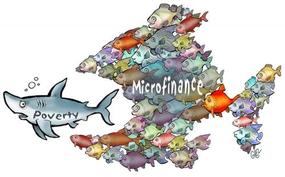
Poverty was one of the main reasons that lead me to choosing microcredit loans as the topic for my documentary. And although I didn't know much about micro finance when I first began, I had heard that it was one of the ways to lift people out of poverty. This made me curious to find out how effective it actually is?
After almost a month of conducting research, and interviewing the clients and entities of micro finance, I've come to understand that microcredit lending is COMPLICATED. It's effective in the sense that it helps mitigate the negative effects of poverty, but in the long run, it's not the solution to poverty, and it doesn't make a poor country any richer.
On the one hand, it allows people to improve their lifestyles; it gives them the means to buy a cow which will allow them to produce and sell more milk, it gives them the means to afford a safer roof for their family, and an education for their kids, but it doesn´t allow a business to grow to the extent where it generates macro growth for an economy or for the individual himself.
After almost a month of conducting research, and interviewing the clients and entities of micro finance, I've come to understand that microcredit lending is COMPLICATED. It's effective in the sense that it helps mitigate the negative effects of poverty, but in the long run, it's not the solution to poverty, and it doesn't make a poor country any richer.
On the one hand, it allows people to improve their lifestyles; it gives them the means to buy a cow which will allow them to produce and sell more milk, it gives them the means to afford a safer roof for their family, and an education for their kids, but it doesn´t allow a business to grow to the extent where it generates macro growth for an economy or for the individual himself.
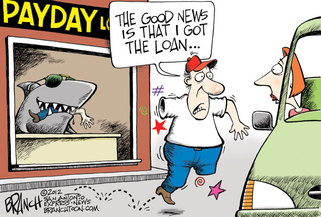
One of the biggest problems with micro credit lending is that they come with very high INTEREST RATES, generally 30-40 % higher than that of a normal
loan. This is generally because investing in people with low income is risky for the companies giving the loans, and also because the cost of administrating several small loans is much higher than that of administrating fewer larger loans. Plus, for the most part, the people that receive the loans are in such desperate access to capital that they have no other option but to accept high interest rates.
loan. This is generally because investing in people with low income is risky for the companies giving the loans, and also because the cost of administrating several small loans is much higher than that of administrating fewer larger loans. Plus, for the most part, the people that receive the loans are in such desperate access to capital that they have no other option but to accept high interest rates.
Therefore, although microcredit lending does give people who are excluded from the financial system an access to loans, the high interest rates also holds people back from growing their business to its fullest potential. And although banks claim to have the right incentives, from what I've witnessed, I don't believe that the clients well being is always the ultimate focus of the bank, it's money. For the most part, the poor are exploited by multiple banks under the garb of helping, and clients find themselves in a debt cycle, where they keep taking out new loans to try and pay old ones.
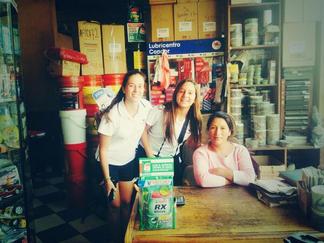
On one of our visits to the clients, we were told by one of the banks consultants that the banks has a certain goal for microcredit finance which they must reach in a year. This goal, however, isn't based off of how many people they help, but rather how much money they make. Plus, one of the clients we interviewed mentioned that at the moment she didn't have any loans with any bank. As soon as the consultant heard this, she tried to pursuade the client to take out another loan without even knowing if the client really needed one.
One of the biggest misconceptions of microcredit lending is that it approaches the poorest sector of the economy. Although this does hold some truth, because micro credit loans help the poor, it only gives credit to those who've had a business established for at least 6 months. Thus, my question is: what about the people who are making less than 2 dollars a day and can't afford to even start up a business? What system is out there to help them? Is there an entity willing to take such a risky investment and expect an even smaller return?
One of the best ways of lifting a countries economy is by decreasing unemployment. Micro credit lending, however, doesn't invest in companies that do so because for the most part, the people working in the business's are the owners themselves or family members. The growth their business's experience is so small that they don't need any more help than they already have. If we want a countries economy to really grow, we need to make investments in small-to-medium sized enterprises, those that are "bigger than a fruit stand, but smaller than a Fortune 100 corporation."
It would be needless to say that microcredit loans have no impact on the poor, because they do; they E M P O W E R entrepreneurship, they I M P R O V E a struggling families lifestyle, and they open doors to new O P P O R T U N I T I E S. But it is very few people who go from owning a fruit stand to owning a large grocery store, and although the current structure of microcredit lending is incapable of eradicating poverty by itself, it's definitely a start, and a system that can and should be improved.
It would be needless to say that microcredit loans have no impact on the poor, because they do; they E M P O W E R entrepreneurship, they I M P R O V E a struggling families lifestyle, and they open doors to new O P P O R T U N I T I E S. But it is very few people who go from owning a fruit stand to owning a large grocery store, and although the current structure of microcredit lending is incapable of eradicating poverty by itself, it's definitely a start, and a system that can and should be improved.

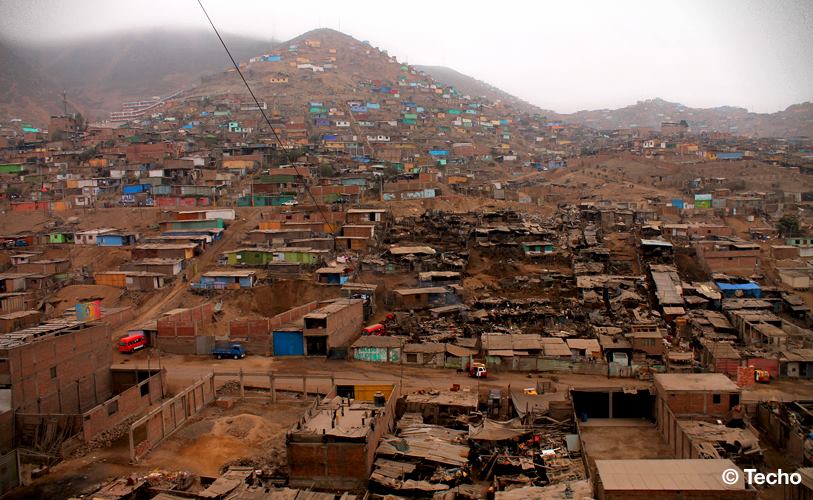
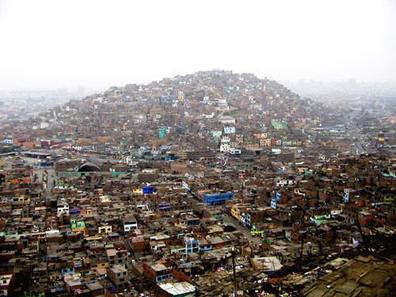


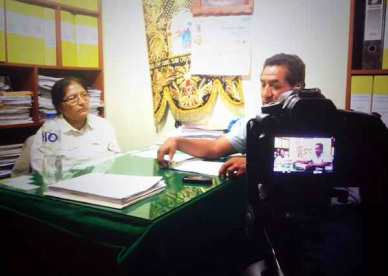
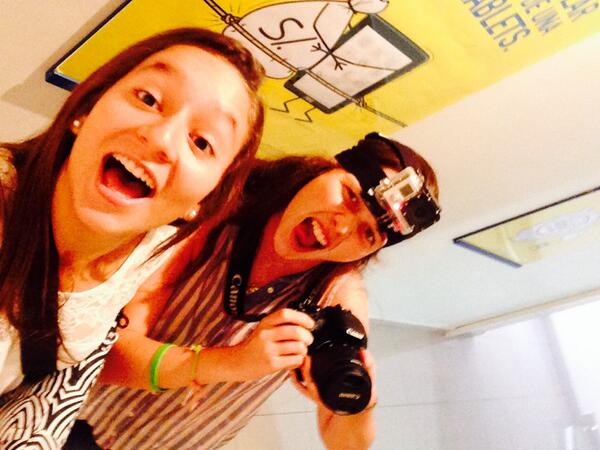
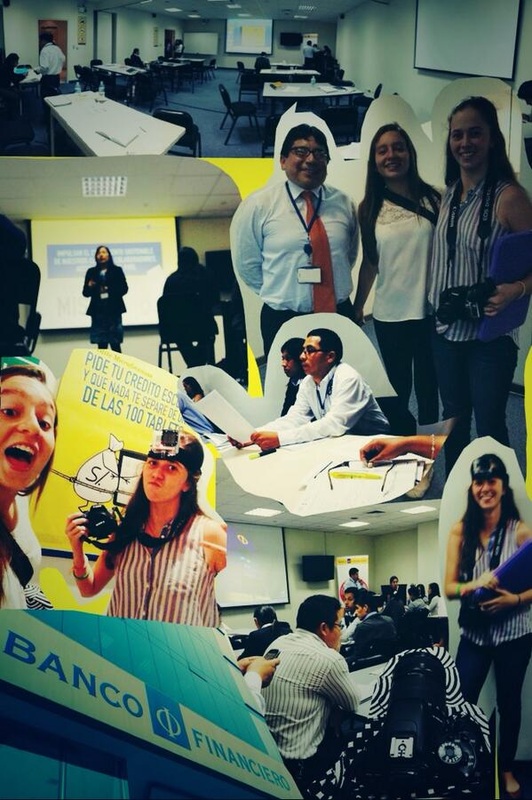
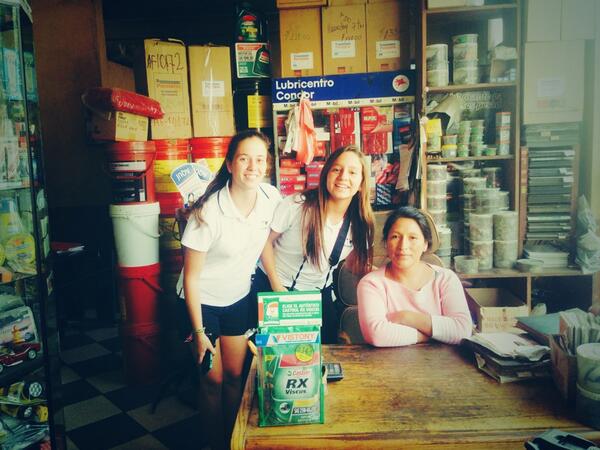

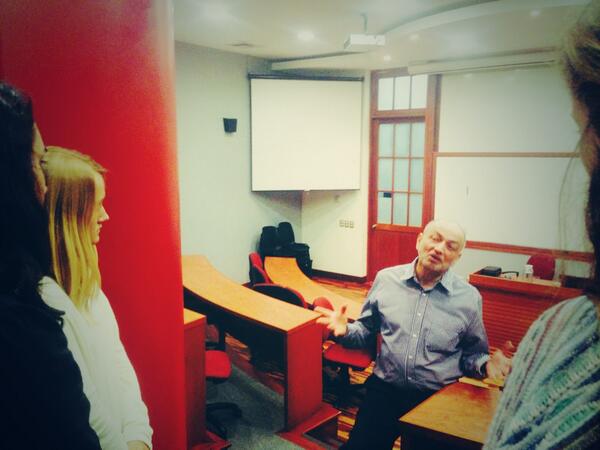
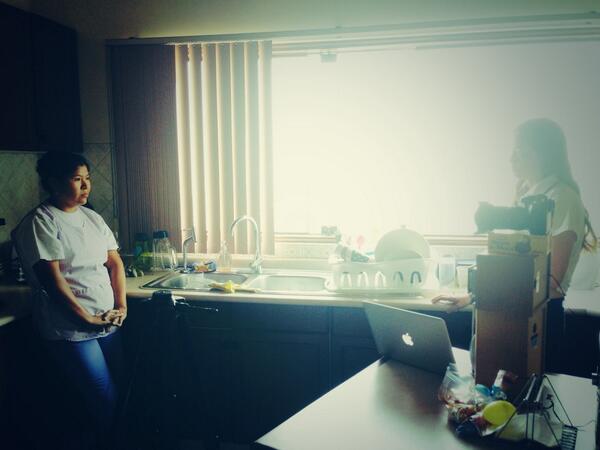
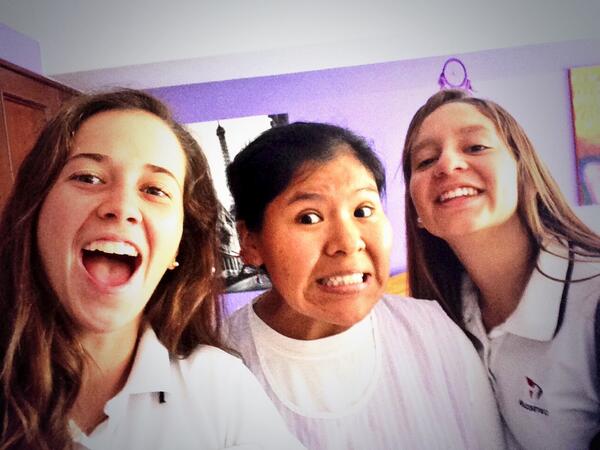


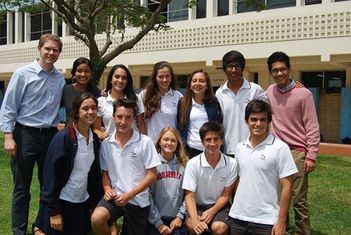


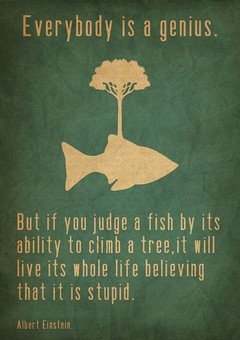

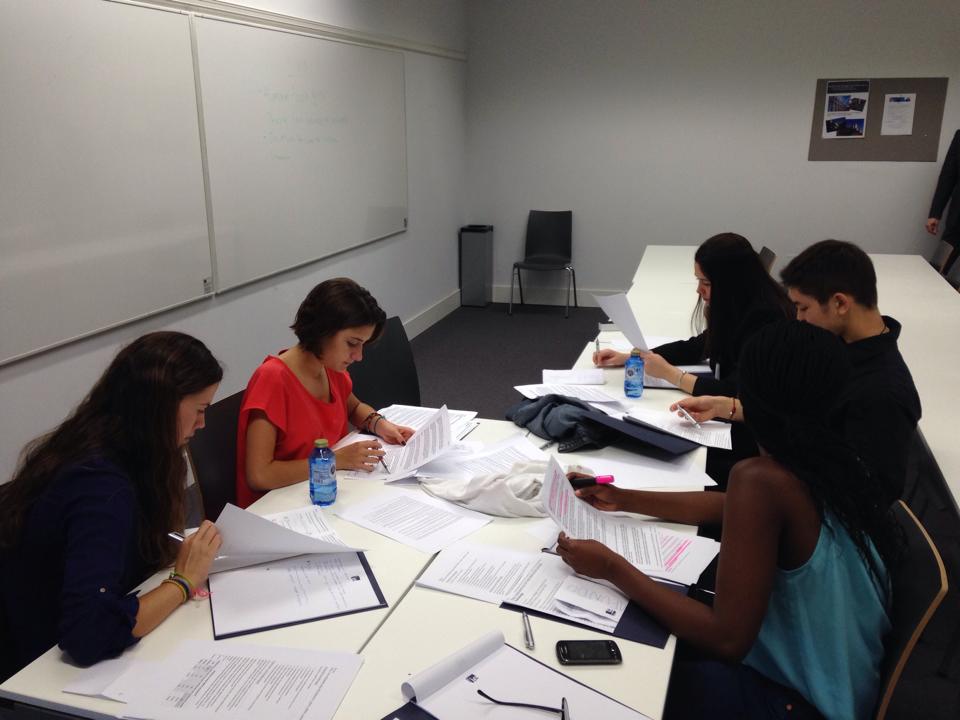

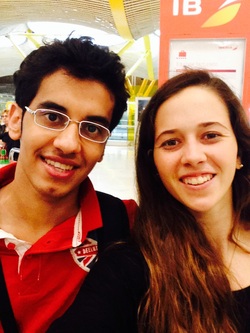
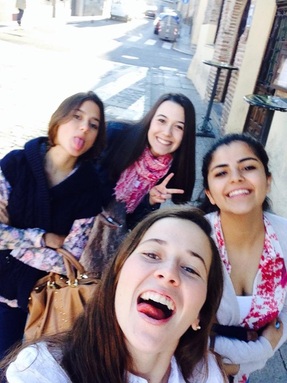
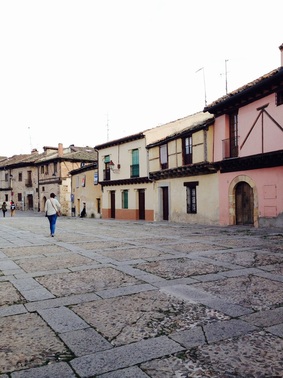
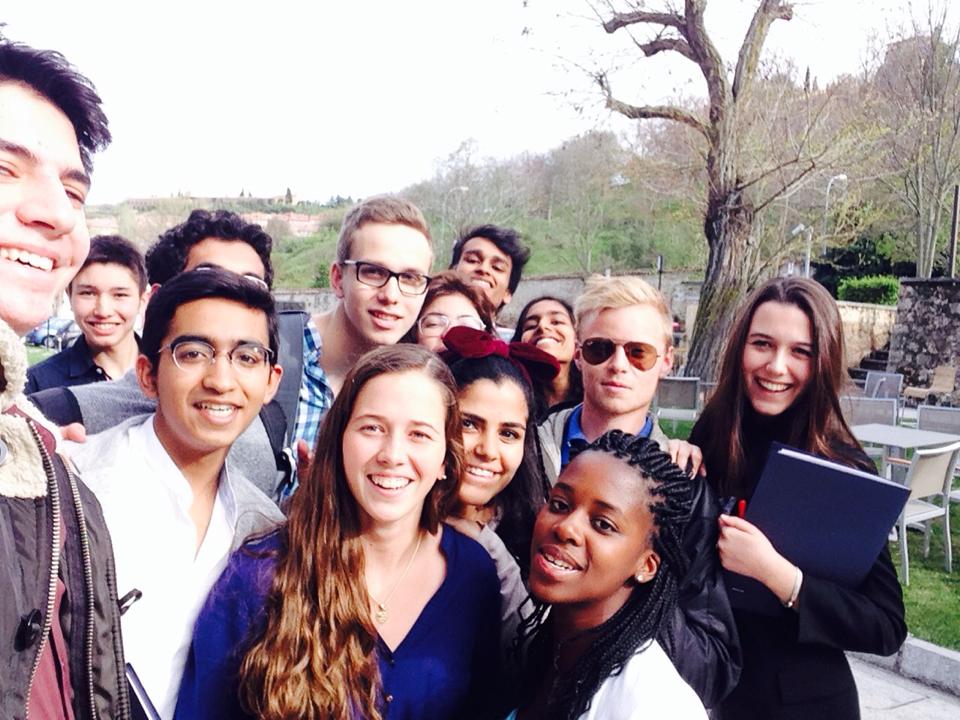
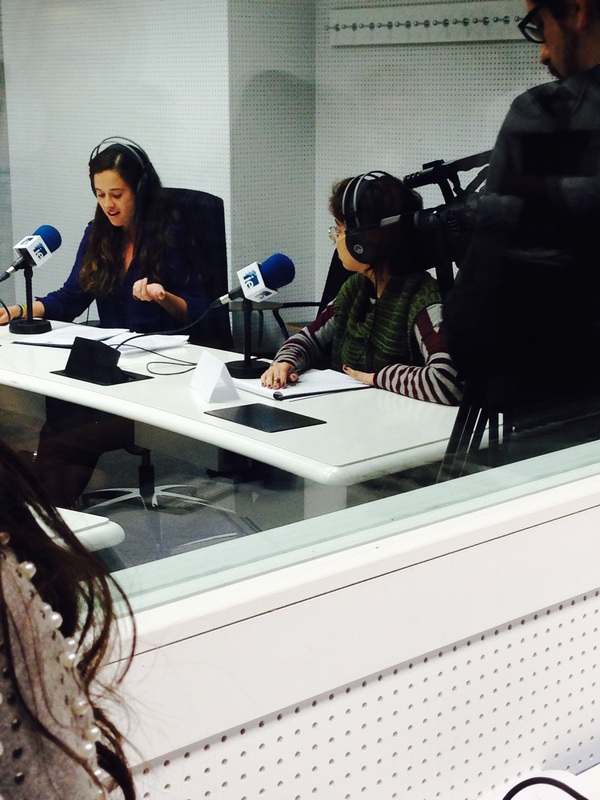
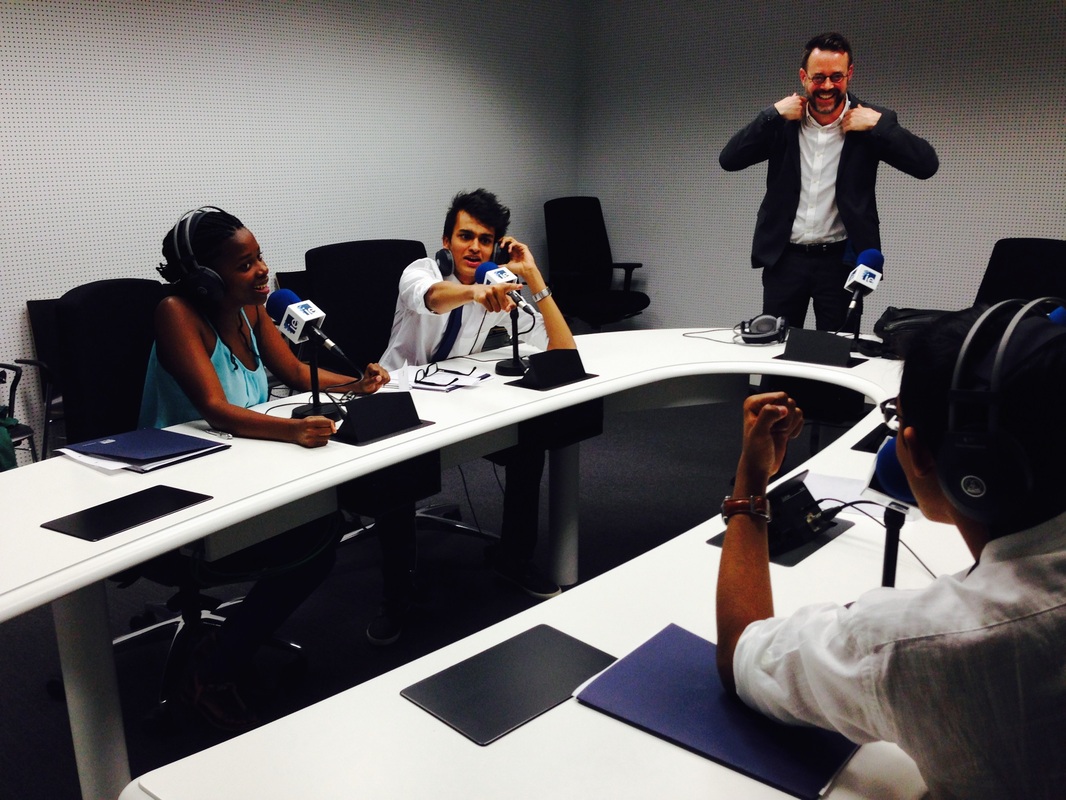
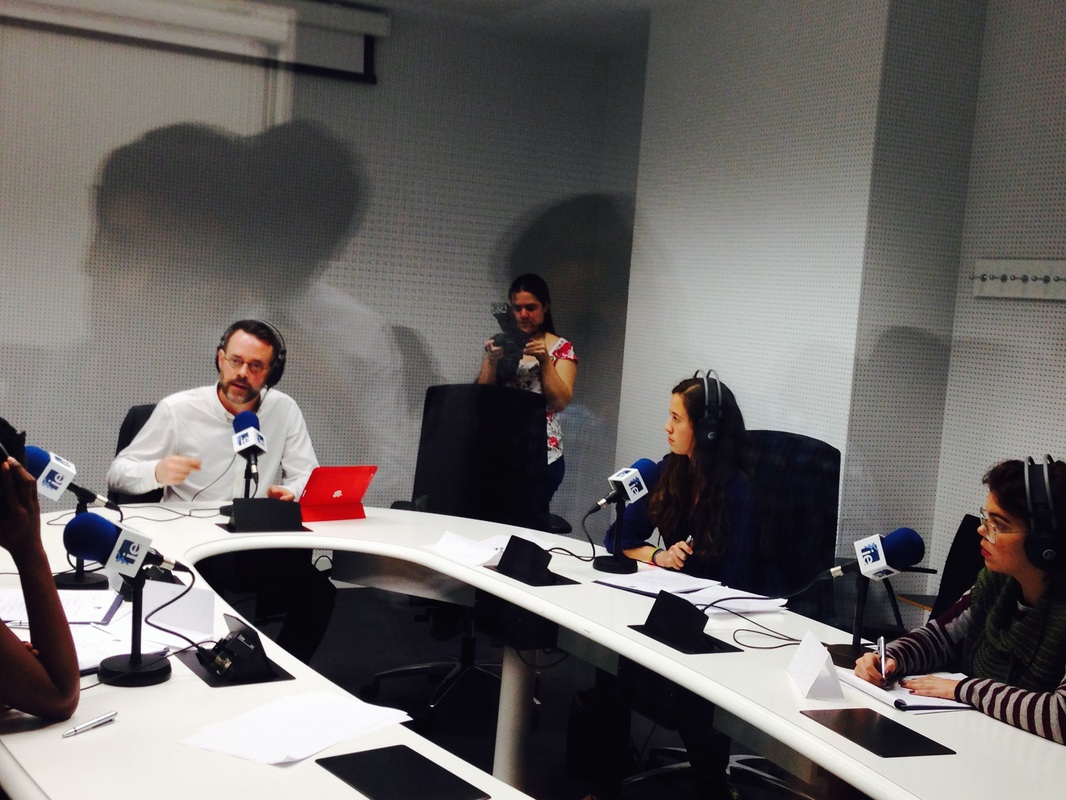

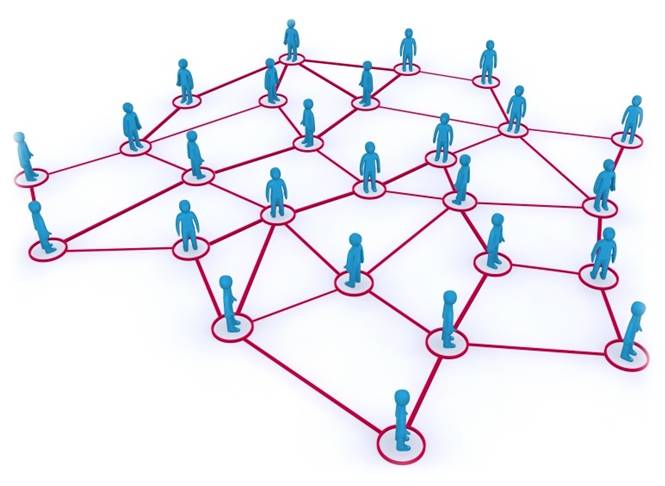



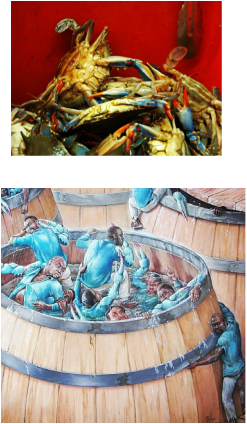

 RSS Feed
RSS Feed
